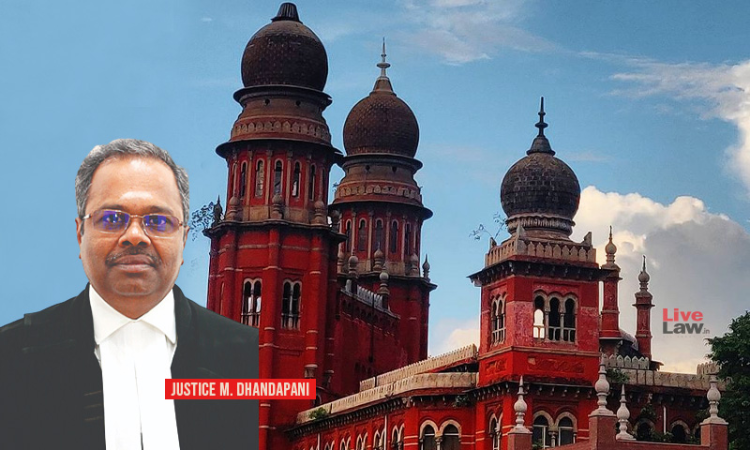Tender Inviting Authority Best Judge Of Tender Requirements: Madras High Court
Sebin James
13 Dec 2021 9:30 PM IST

Next Story
13 Dec 2021 9:30 PM IST
Madras High Court has recently dismissed a petition challenging the rejection of a bid in a tender process for operartion of a few amenities in Chennai Airport and seeking directions for floating a fresh E-tender. A single-judge bench of Justice M Dhandapani held that the court cannot interfere in the administrative decision of the award of tender, when the process of inviting tenders...
